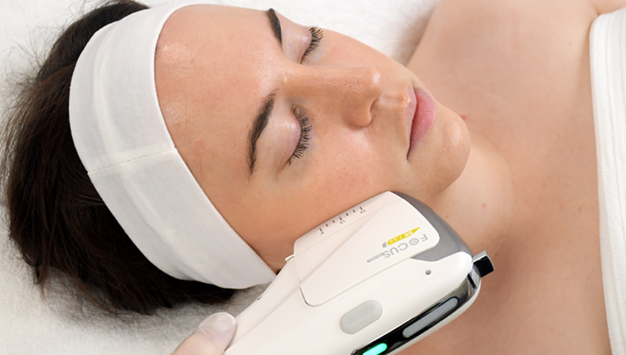5 Valuable Resources For Current Med Students
The journey through medical school is one of the most challenging and rewarding paths a student can take. With rigorous coursework, intensive clinical rotations, and the constant need to stay updated with the latest medical advancements, having the right resources is crucial. Here are five essential resources that can significantly enhance the learning experience and support the academic growth of current medical students.
Comprehensive Online Medical Databases and Journals
Access to up-to-date medical literature is fundamental for any medical student. Online databases and journals provide a wealth of research articles, clinical guidelines, and case studies that are indispensable for both academic learning and clinical practice.
PubMed
PubMed is a premier database that offers a vast collection of biomedical literature. It includes articles from MEDLINE, life science journals, and online books, covering a wide range of topics from basic biomedical research to advanced clinical studies. This resource is invaluable for writing research papers, conducting literature reviews, and staying informed about the latest developments in the medical field.
Medical School Libraries
University libraries are a cornerstone of academic resources for medical students. They offer extensive collections, both physical and digital, conducive study environments and various academic support services.
Physical and Digital Collections
Medical school libraries provide access to many textbooks, journals, and reference materials. Many libraries also offer digital collections, enabling students to access essential resources online, whether they are on campus or off-site. This flexibility is particularly useful for students during clinical rotations who need to review materials on the go.
Educational Mobile Apps
In the era of digital learning, educational mobile apps have become indispensable tools for medical students. These apps offer the convenience of studying on the go, revisiting key concepts, and practicing clinical skills anytime, anywhere.
Medscape
Medscape is a free mobile app that provides a wealth of medical information, including drug references, medical news, and clinical guidelines. It features a comprehensive database of diseases and conditions, allowing students to quickly find relevant information during their clinical rotations. Additionally, the app’s interactive quizzes and case studies help reinforce learning and apply knowledge in real-world clinical scenarios.
Collaborative Study Groups and Peer Networks
Collaborative learning through study groups and peer networks is a powerful strategy for enhancing understanding and retention of information. These groups provide opportunities for students to share knowledge, discuss challenging topics, and support each other through the rigorous demands of medical school.
Forming Study Groups
Study groups can help maintain motivation and accountability among members. Regular meetings provide a platform for discussing lectures, reviewing course materials, and practicing clinical skills together. Teaching concepts to peers not only reinforces one’s own understanding but also exposes students to diverse perspectives and problem-solving approaches. During clerkship medical school,these study groups become even more valuable as they offer practical insights and shared experiences from clinical rotations.
Professional Organizations and Conferences
Joining professional organizations and attending medical conferences are excellent ways for students to network, develop professionally, and stay abreast of the latest trends and innovations in medicine.
Professional Organizations
Organizations like the American Medical Association (AMA) and the Student National Medical Association (SNMA) offer memberships tailored specifically to medical students. These memberships provide access to a wide range of valuable resources, including peer-reviewed journals, informative webinars, and structured mentorship programs. Active involvement in professional organizations offers leadership development and advocacy opportunities and enables students to participate in exclusive conferences and workshops. These experiences can significantly enhance resumes, broaden professional networks, and provide critical support and guidance throughout the challenging journey of medical school and beyond.
Conclusion
Medical school is a demanding and rewarding journey that requires access to a variety of reliable and effective resources. Comprehensive online medical databases, university libraries, educational mobile apps, collaborative study groups, and professional organizations are five essential resources that can greatly support medical students. By effectively utilizing these tools, students can enhance their learning experience, improve their clinical skills, and gain the support needed to succeed in their medical education and future careers. Leveraging these resources can help medical students navigate their studies more efficiently and prepare them for a successful career in medicine.







